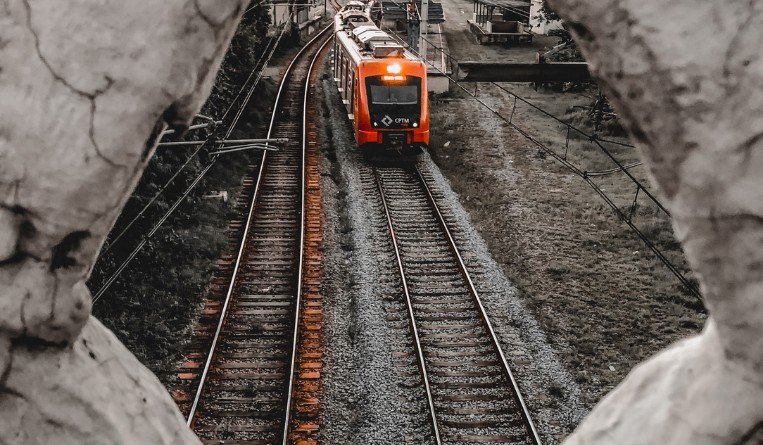Indonesia’s national railway, PT Kereta Api Indonesia (KAI), believes freight is more of its future after the sector helped it survive massive slumps in passenger traffic during the Covid-19 pandemic, KAI president director Didiek Hartantyo said via Antara, the country’s national news agency.
During the first half of 2020, KAI’s freight trains contributed 43% to the company’s total revenue, becoming the main revenue source during the crisis, Hartantyo said.
Freight train volume in August 2020 reached 3.9 million tons, 6% higher compared than the 3.7 million tons it transported in July 2020, he added. In addition, KAI’s retail transportation service, Rail Express, surged to 10,581 tons in June, 73% higher than May’s 6,103 tons, he noted.
By the end of the first half of 2021, the company’s freight services had continued to perform positively, serving 28.2 tons from January to July 2021, up 8.9% from 25.9 tons in same period last year.
“The increasing volume of freight that KAI has served is very important for the company to survive amid the prolonged Covid-19 pandemic,” Hartantyo told Antara.
Some believe there is still more scope for expansion, as trains have yet to be widely chosen by customers, especially on Java Island, the most economically important island in the archipelago nation, said Djoko Setijowarno, a professor and transportation expert in the civil engineering department at Soegijapranata Catholic University in Semarang, Central Java.
However, the government should also provide fiscal incentives so customers can switch from trucks to freight trains for transporting cargo, he added.
“The government, through the Finance Ministry, should eliminate the value-added tax of 10% for those who utilize freight train services,” Setijowarno suggested.
Of the government eliminates this tax, it will trigger multiplier effects, such as reducing the extent of roads damaged due to overloaded and oversized trucks.



